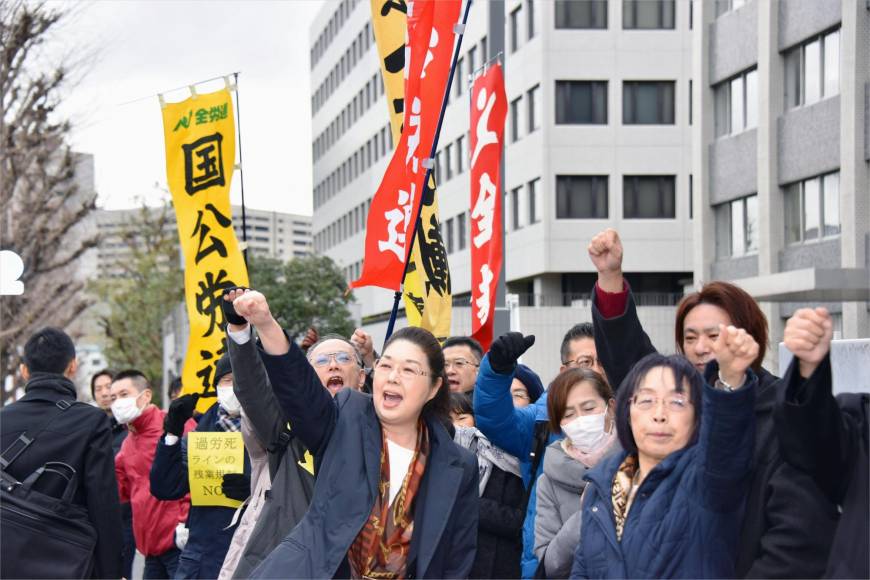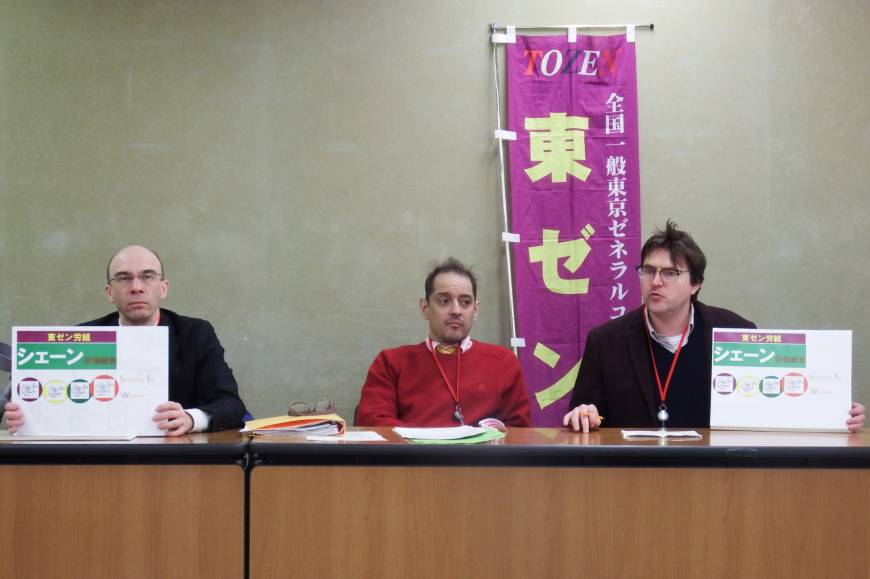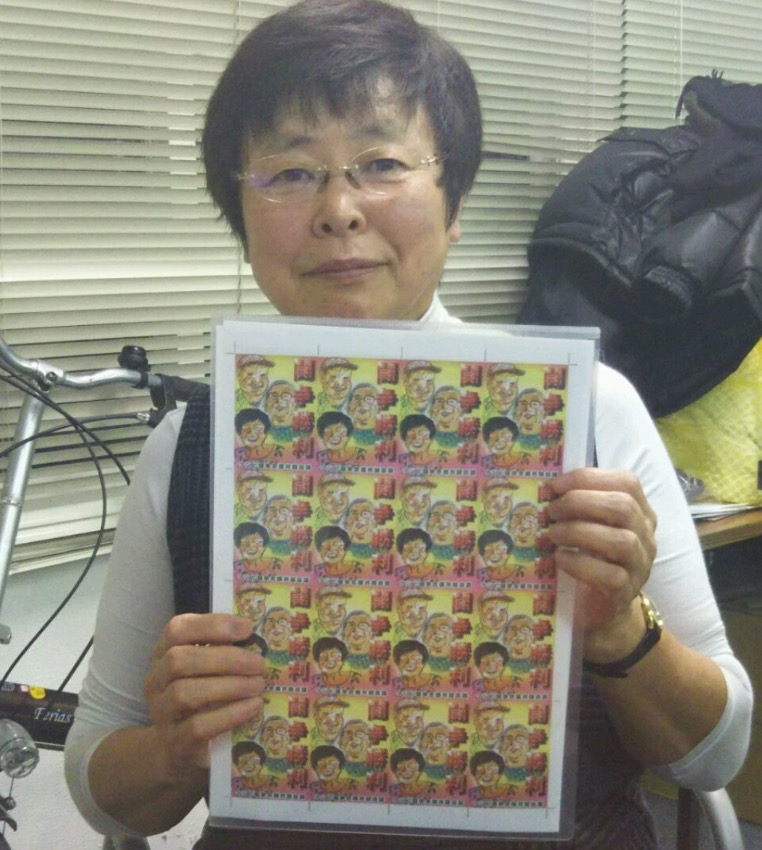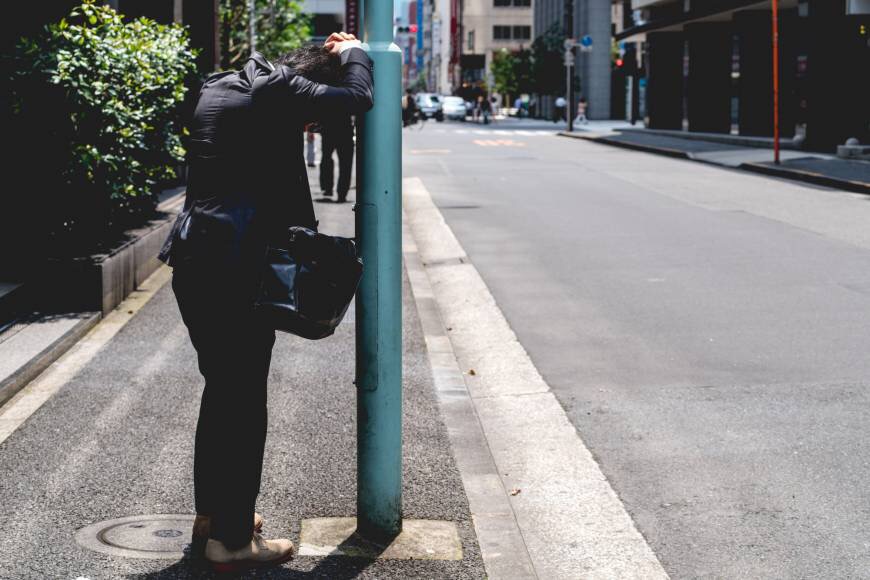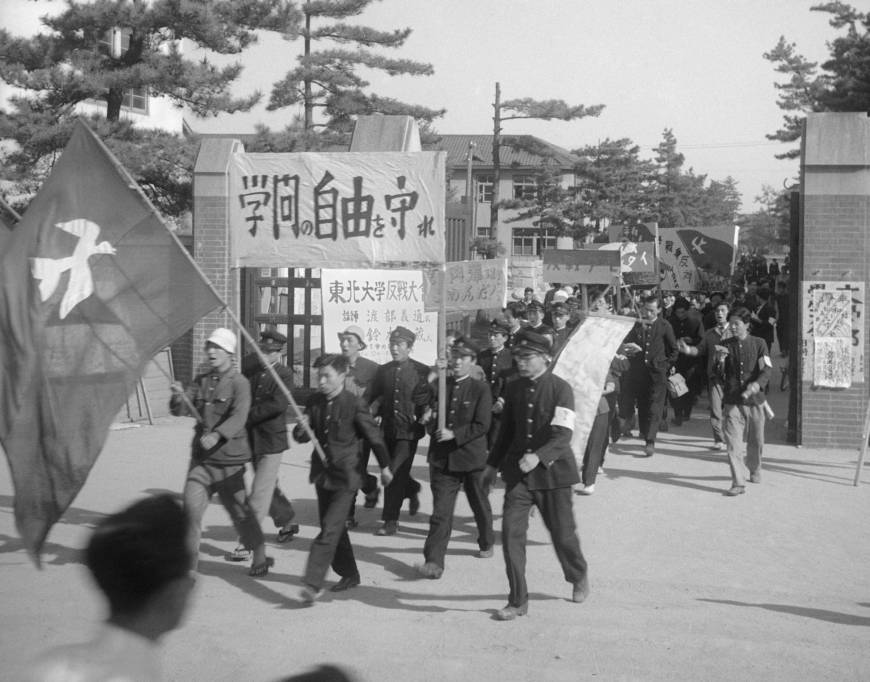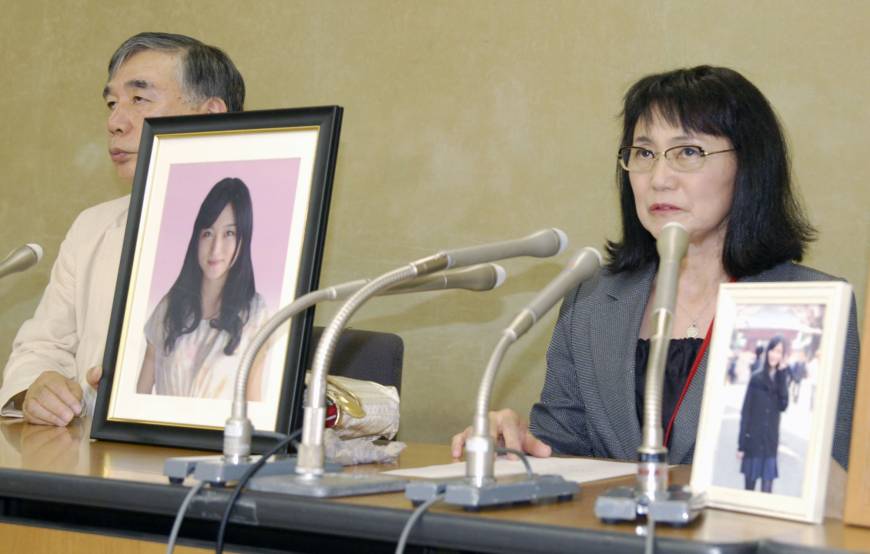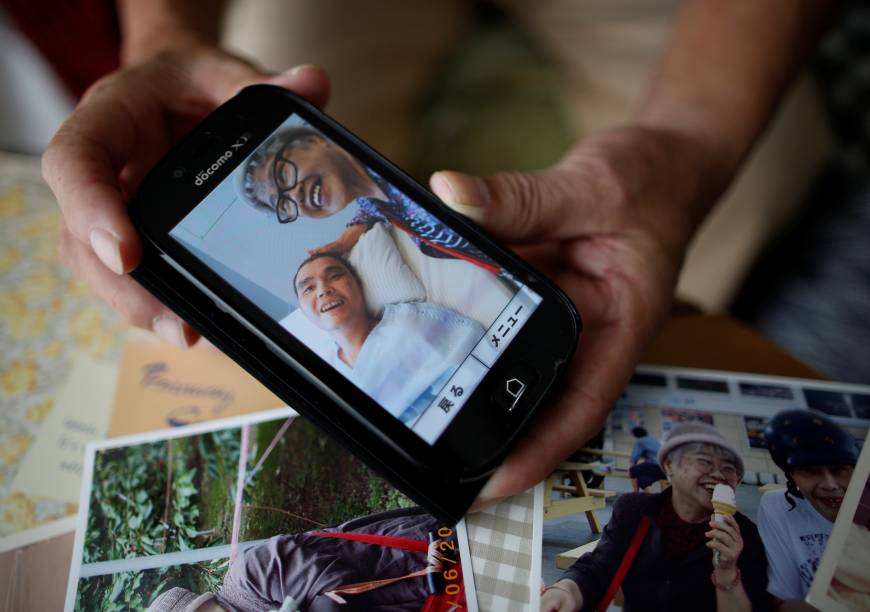Full disclosure: I am the president of Tozen Union. Last October we joined the Japanese Trade Union Federation, known as Rengo.
It is therefore with a heavy heart that this month I lambaste Rengo’s recent decision to agree to a policy I believe will endanger the health and lives of workers in Japan. Criticizing our own tribe is never easy and leaves a sour taste, but if we cannot criticize ourselves, we have no right to criticize others.
Those who read my column know well that one of Japan’s most dire labor problems is the practice of working from early morning until late at night. Long hours can and do kill.

